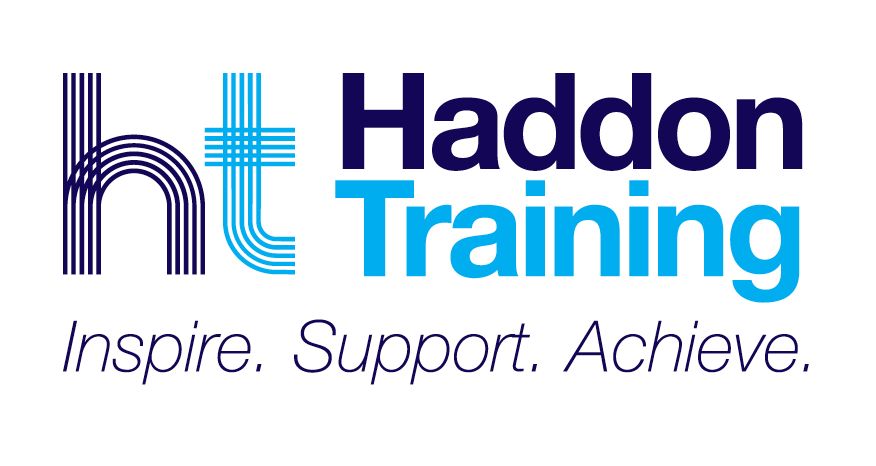What would you do if an employee made a serious complaint — but you didn’t have a clear policy on how to handle it?
Or if you needed to discipline a staff member, but your procedure didn’t match legal guidance?
What if, worst case scenario, you ended up at a tribunal and the employee claimed they didn’t know the rules?
These are not hypothetical situations — they’re real scenarios that catch many equestrian employers off guard. And the common thread? The absence of a clear, up-to-date Staff Handbook.
A Staff Handbook isn’t just a box-ticking exercise, it’s a vital tool for protecting your business, supporting your team, and ensuring that everyone knows where they stand. Whether it’s disciplinary procedures, time off entitlements, or policies around social media use; having it all in one accessible place can make the difference between a well-managed yard and a large legal headache.
In this blog, we’ll break down why every equestrian employer should have a Staff Handbook — even if it’s not legally required — and how it can make day-to-day management smoother, more consistent, and legally compliant.
Do I really need a Staff Handbook?
To put it simply, yes. An up-to-date and well drafted Staff Handbook is a key tool for managing the employment relationship between a business and its staff members and maintaining compliance with employment law legislation.
A Staff Handbook provides clarity for both employers and employees as to how the business operates and helps ensure that processes and procedures are applied consistently and fairly.
While there is no legal obligation to have a Staff Handbook, there is a legal requirement for employers to have certain policies and procedures in place.
A Staff Handbook is not only beneficial in ensuring your policies are easily accessible for staff members – as it clearly outlines their rights and obligations; but also to the smooth running of HR processes, such as disciplinary and grievance procedures, as there is one point of reference giving clear guidance to those involved with such processes.
There are lots of benefits to having a Staff Handbook, including:
 |
Legal protection for you
|
Certain policies and procedures must be communicated to staff members under employment law legislation. Formatting these in a Staff Handbook helps with compliance from both the employer and employee side.
It also helps demonstrate that an employer has taken clear steps to inform staff of their legal rights and obligations and that they should, therefore, be familiar with these. This can be crucial in the unfortunate event of an employment tribunal, especially where an alleges that they were unclear of their rights, obligations or internal procedures.
 |
Clarity and consistency for staff
|
Applying workplace rules fairly and consistently is key to maintaining equity across a business and mitigating against the risk of potential grievances and/or potential discrimination claims. A Staff Handbook provides clear guidance for both staff and employers.
In addition to those policies and procedures legally required, it is beneficial for a Staff Handbook to include additional policies which explain other employee entitlements, for example:
- the right to make a flexible working request
- the right to family-friendly leave (e.g. maternity, paternity, adoption leave) or;
- the right to time off to care for dependants.
Whilst not strictly legally required, these policies relate to statutory (and potentially contractual) entitlements.
Other policies which employers often find beneficial include:
- data protection
- tax evasion and bribery
- social media
- IT
- communications; and
- sickness absence
Policies provide clear guidance on expectations and obligations. In the event of a dispute between an employer and employee, the existence of a relevant policy is often crucial to help resolve this. In addition, policies enable those in managerial positions to familiarise themselves with the business’ processes so that implementation is consistent.
 |
Flexibility
|
Whereas the terms of a contract of employment are legally binding, Staff Handbooks are non-contractual documents, which means they can be updated without consultation with employees on the proposed changes – unlike a contract of employment. This enables employers to regularly review and update their policies and procedures to ensure they remain compliant with legislative changes and best practice.
Key policies for an employer
There are some mandatory policies which all (or the majority of) employers must have in place, these include:
Disciplinary Procedure
A Disciplinary Procedure that communicates any disciplinary rules and procedures for taking action against an individual during the course of their employment relationship with the business. This should be in-line with ACAS Guidance on Disciplinary and Grievance Procedures.
Grievance Procedure
Employers must set out how an employee can raise formal concerns relating to their employment, and how the employer will be obligated to respond. This should also be in line with ACAS Guidance on Disciplinary and Grievance Procedures.
Health and Safety Policy
If an employer employs five or more people, they must have a written statement setting out their policy towards health and safety and staff welfare. In general, it is recommended that all businesses, whatever size, have such a policy in place.
Pension Information
Individuals have a legal right to written confirmation about their employer’s pension scheme arrangements, and this should be set out in either their contract or in a Staff Handbook. The contract of employment must confirm if an employee or worker is entitled to participate in the company’s pension scheme, but further details regarding the arrangements for this can be set out in the Handbook or provided separately to avoid making this contractual clause too lengthy.
Whistleblowing
Whilst not required by employment law legislation, many employers are required to provide written confirmation surrounding reporting wrongdoing. This includes but is not limited to regulated industries and public bodies.
Ready to create your staff handbook?
As part of your EEA membership you can access the Staff Handbook creator tool.
Still have questions? Get in contact with the EEA team or our experts at Wright Hassall to discuss your needs.
Not a member yet?
The EEA is the go-to resource for yard owners who want to operate professionally, legally, and ethically, while saving time and money. Access a comprehensive choice of tools, advice, discounts and support for just £49.50 a year.
Join the EEA




























-Small.jpg)



